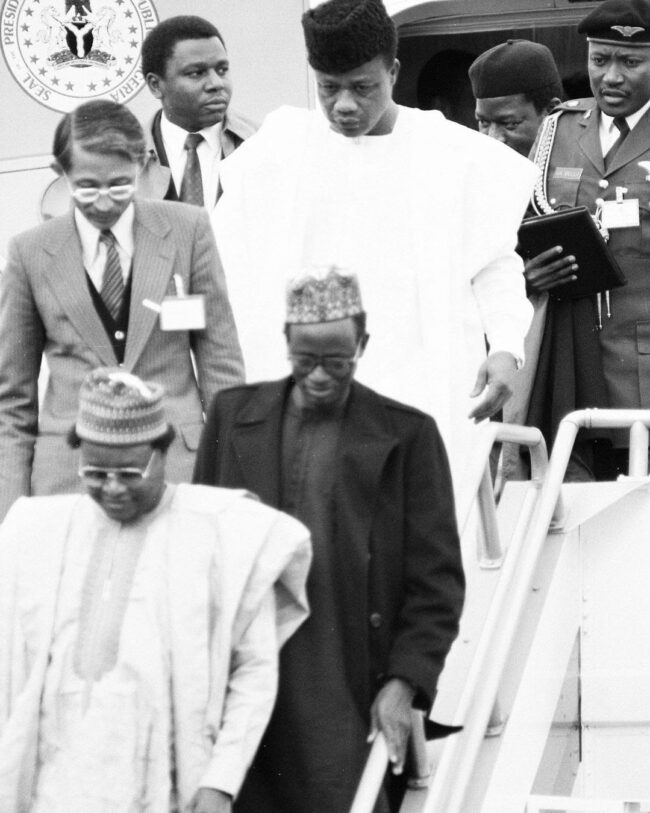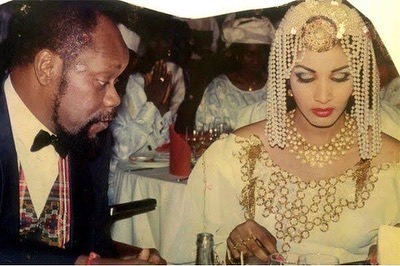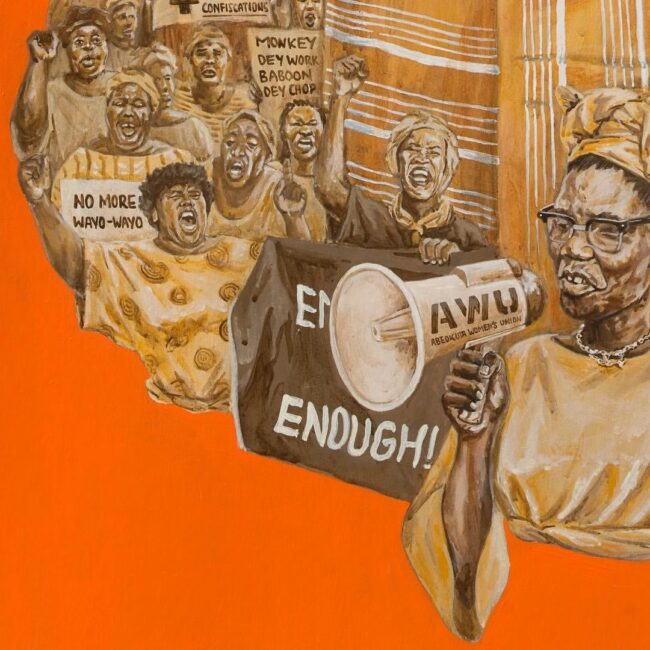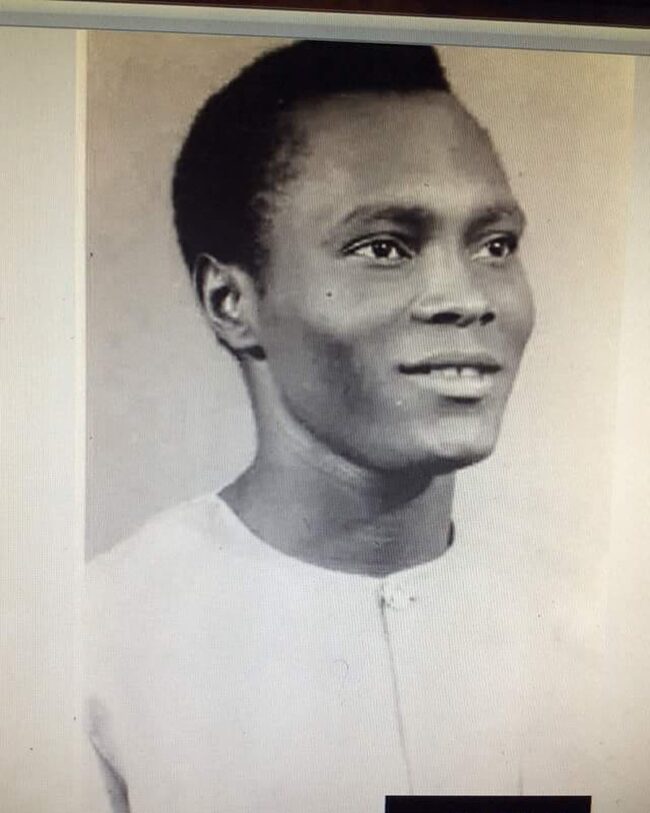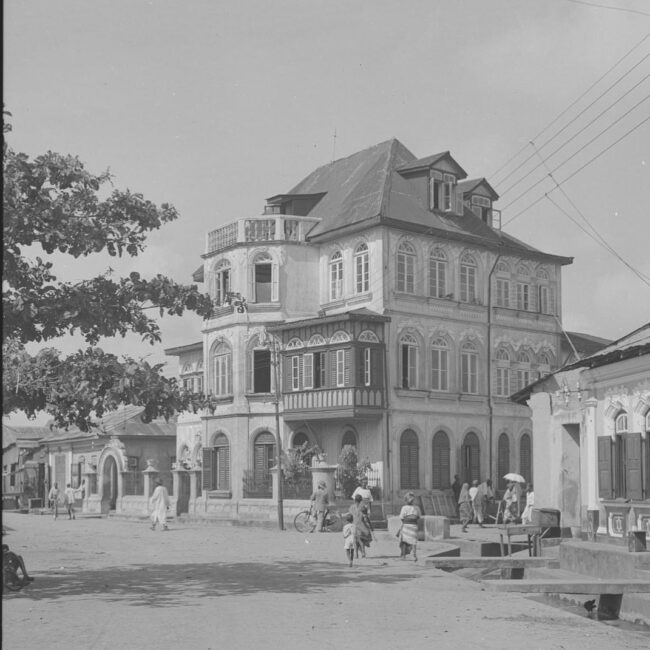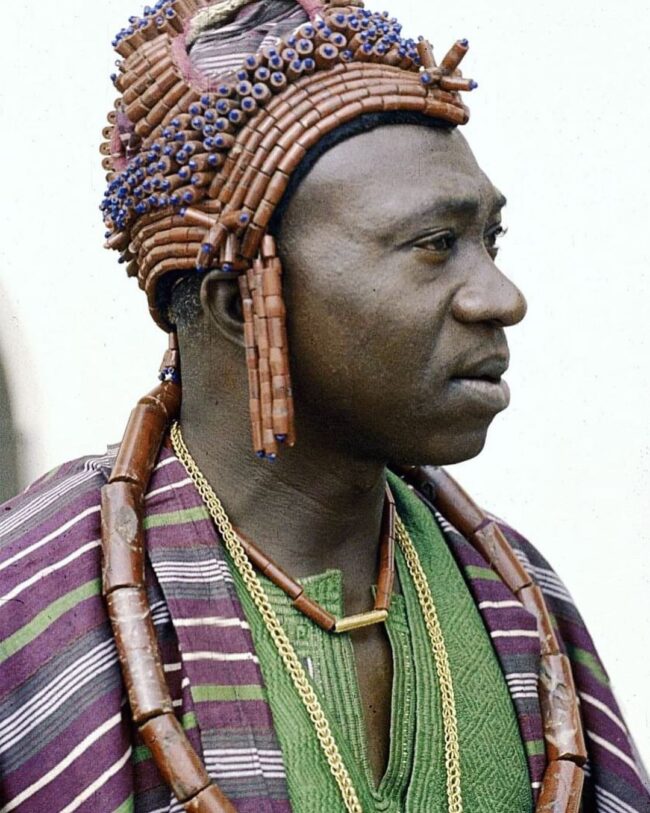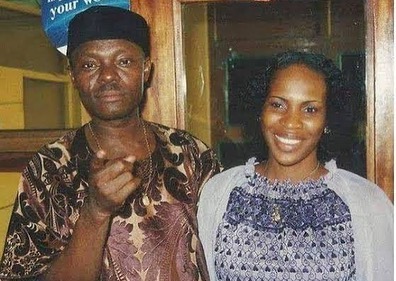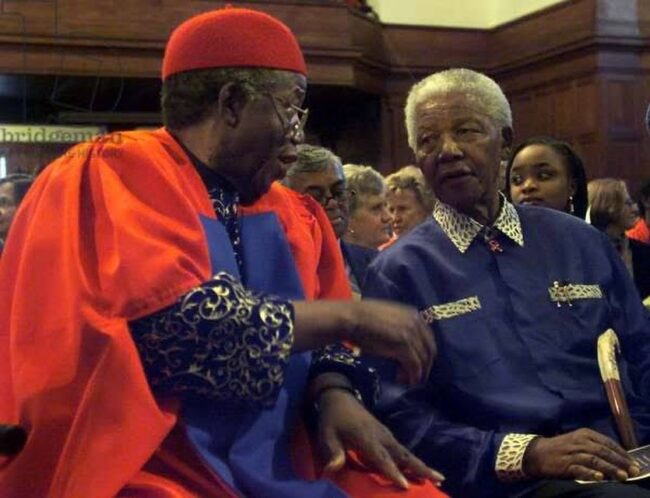Palace Coup of 1985 Led by General Babangida
General Babangida, who was the Chief of Army Staff at the time of the 1983 coup, began plotting to remove General Muhammadu Buhari, the military head of state. A level of military skill never before seen in coup plotting history was used to plan the palace coup of 1985. As ringleader, Babangida planned the entire operation from the top down, developing strategic relationships with allies such as Sani Abacha, Aliyu Gusau, Halilu Akilu, Mamman Vatsa, Gado Nasko, and younger officers he taught at the military academy (graduates of the NDA’s Regular Course 3). Gradually, he moved his allies up the military hierarchy. Due to General Tunde Idiagbon, the brutal second-in-command to General Muhammadu Buhari and the sixth chief of staff at Supreme Headquarters, the palace coup’s execution was first delayed. Four Majors—Sambo Dasuki, Abubakar Dangiwa Umar, Lawan Gwadabe, and Abdulmumini Aminu—were assigned to arrest the head of state when the scheme changed at midnight on August 27, 1985. By daylight, the conspirators had assumed control of the government, and Babangida had flown into Lagos from Minna, where General Sani Abacha had declared him the new head of state during a radio broadcast. In a speech, Babangida defended the coup by calling the military rule of General Muhammadu Buhari “too rigid.” Muhammadu Buhari was kept under house imprisonment in Benin until 1988 by Babangida, who established by decree his formal position as the President and Commander-in-Chief of the Armed Forces of the Federal Republic of Nigeria. He also reorganized the national security apparatus, assigning General Aliyu Gusau the position of Coordinator of National Security, who directly reports to him in the president’s office. He established the State Security Service (SSS), the National Intelligence Agency (NIA), and the Defence Intelligence Agency (DIA). He also established the Armed Forces Ruling Council (AFRC), the highest law-making council, and he serves as its chairman.

